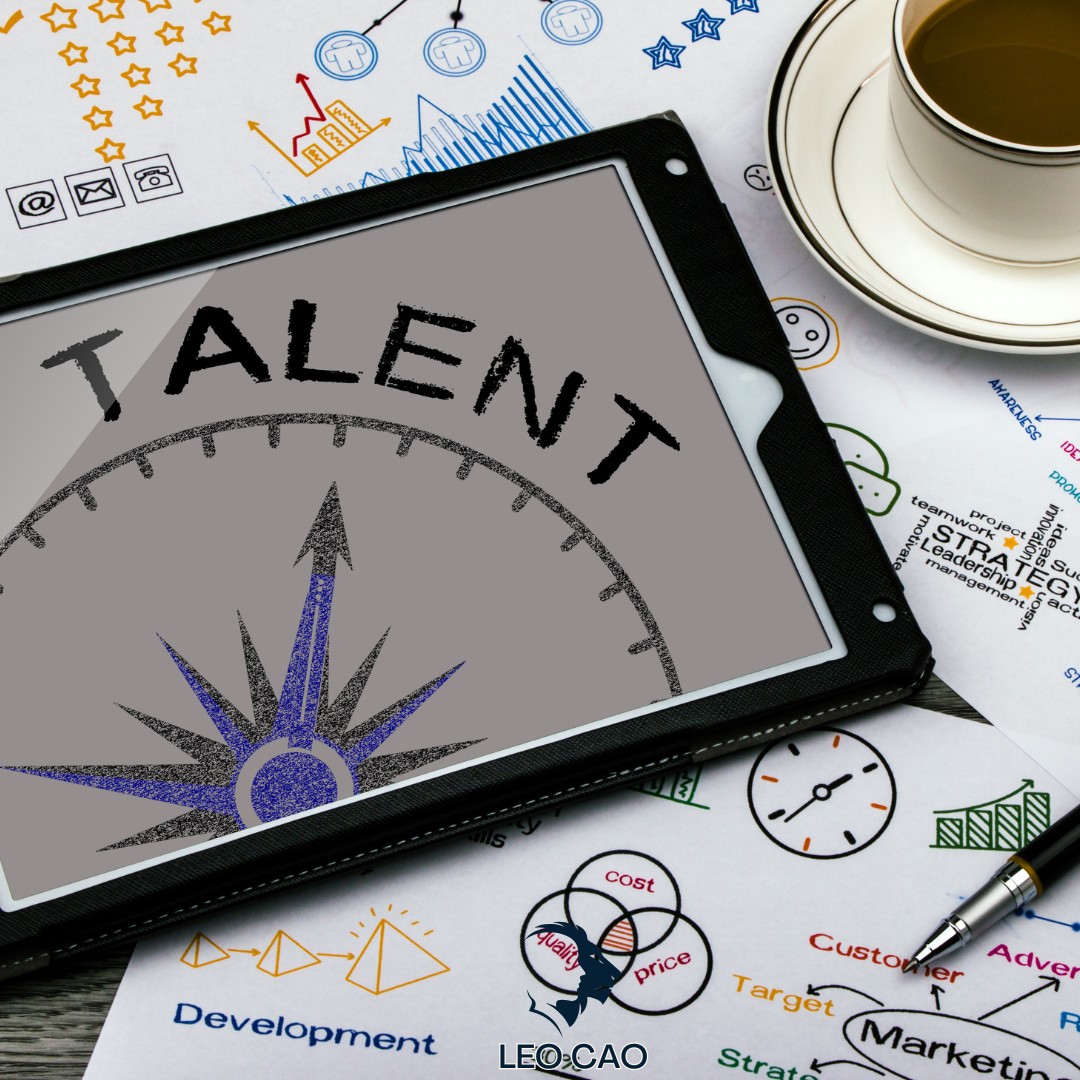Charlie Munger lived to 99, still respected for his wisdom. His approach: identify the biggest mistakes and worst-case outcomes—then avoid them. In contrast, Steve Jobs, though arguably more impactful, likely passed with more regrets.
So far, minimal regrets. The focus now shifts from chasing success to:
• Mind & Body – Physical and mental well-being are intertwined; neglecting either is giving up on life.
• Family & Friends – Relationships define fulfillment. Investing in the next two generations is now a priority; today’s 10 kids will grow into a clan of 80+.
• Earned Success – Like happiness, success is fleeting. Managing expectations and being present prevents common regrets.
• Service – With age comes a shift from self-interest to meaningful contribution.
True fulfillment lies in devoting energy and resources to others.
These priorities align with launching the Foundation this year, focusing on innovation, entrepreneurship, and leadership development. Success addiction and hyper-competitiveness may not fade, but they can be redirected. The next decade’s earned success will come from mastering the roles of Investor & Educator—investing in hopes and dreams.
Final lesson: Find joy in the present, let go of the chase for future validation. Tomorrow will take care of itself if today is well-lived.





